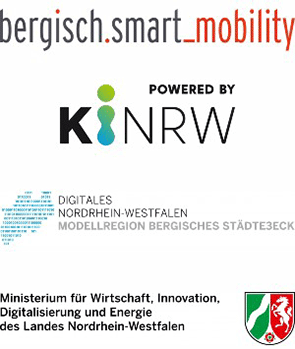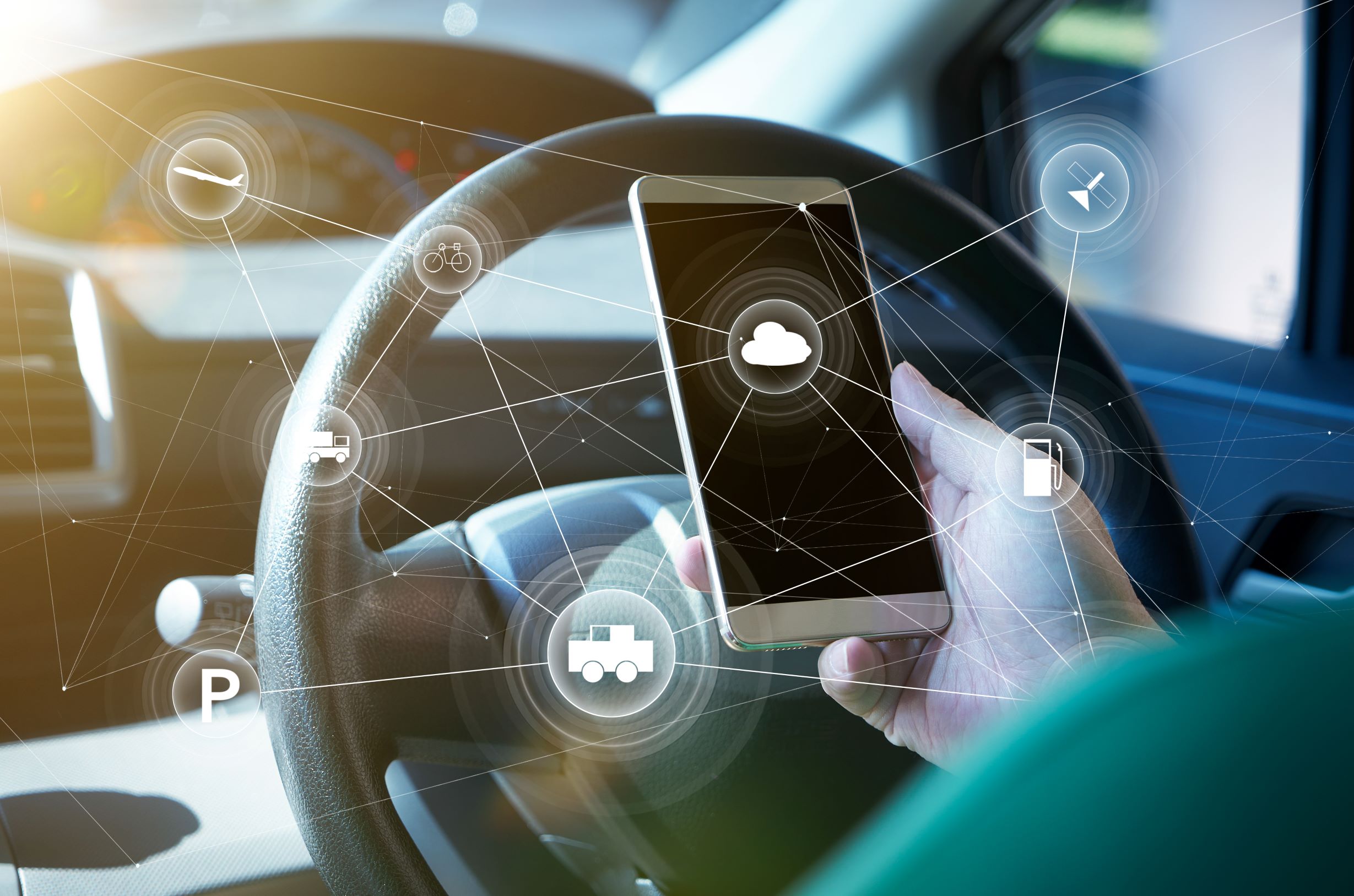Subproject 3:
AI-BASED TRAFFIC MANAGEMENT
As a result of increasing digitalization, cities are producing growing amounts of heterogeneous data. With the continuous transformation to Smart Cities, the heterogeneity must be reduced for a meaningful use of data.
Traffic management and digital map services in the urban environment are topics in which the respective municipalities themselves should actively shape the mobility of tomorrow. Together, the consortium will use municipal geospatial data as a starting point to make them available in prepared form for mobility applications:
Support of automated driving by high-precision information about landmarks (traffic signs, signal systems, etc.)
Use for public transport based on-demand services
Updating of card information by means of sensors of automated vehicles and networked communication
Realisation of a digital twin of complex urban traffic junctions
In addition, the municipal data treasure is to be made available in the sense of a marketplace by means of an online platform to be developed for the realisation of new business models, but also for citizens.
Municipalities already have an enormous number of infrastructure sensors and light signal systems at their disposal, which can be used within the framework of the project as a potential for intelligent, demand-oriented and ecologically adapted traffic flow optimisation. Conversely, modern vehicles provide numerous sensor information on speed, acceleration, position, etc., which can be transmitted via a secure communication interface and taken into account in AI-based traffic control. On the one hand, data protection plays a central role here, so that a radio gateway technology (Secure Gateway for High Speed Vehicle Networks) is to be developed within the framework of the project, which defines standards and will later flow into the mass production of OEMs as “technology from the Bergisch region”. As a global player, the partner APTIV is predestined to take the lead in implementing such a technology. On the other hand, municipalities benefit from additional vehicle sensors, as their driving data provide a real-time overview of the traffic situation.
Subproject manager:
Jörg Velten, Bergische Universität Wuppertal
velten@uni-wuppertal.de



